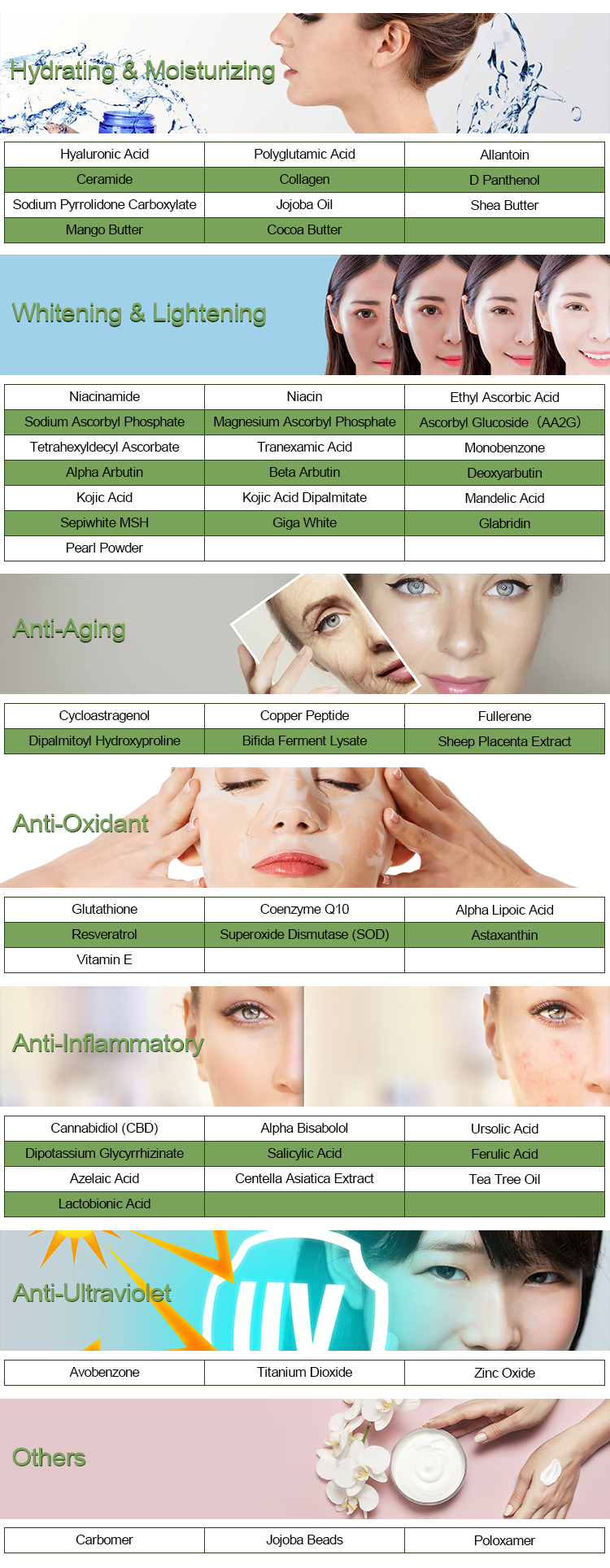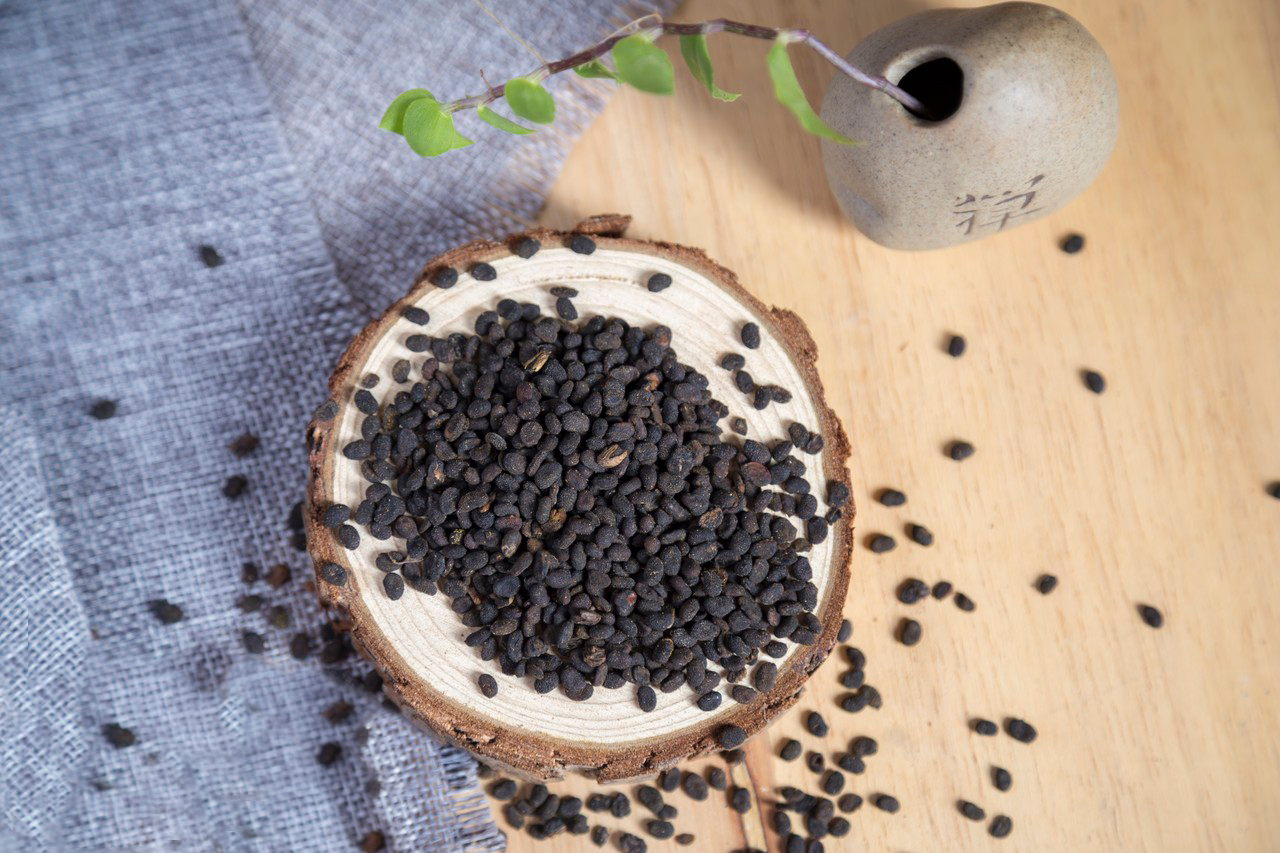As of my last update in September 2021, Bakuchiol is a natural compound found in the seeds and leaves of the Babchi plant (Psoralea corylifolia). It has gained popularity as a plant-based alternative to retinol, known for its potential anti-aging and skincare benefits.
To extract Bakuchiol oil from the Babchi plant, a typical process involves the following steps:
Harvesting: The first step is to harvest the seeds or leaves of the Babchi plant when they are mature and at their peak potency.
Drying: After harvesting, the plant material is spread out to dry naturally under the sun. This helps reduce the moisture content, preventing the growth of mold and other contaminants.

Grinding: Once dried, the seeds or leaves are ground into a fine powder. This increases the surface area of the plant material, making it easier to extract Bakuchiol from it.
Solvent extraction: The ground Babchi powder is then subjected to solvent extraction. Different solvents, such as ethanol or hexane, can be used to dissolve Bakuchiol and other active compounds present in the plant material. The mixture is then filtered to separate the solid residue from the liquid extract.
Evaporation: The solvent is removed from the liquid extract through evaporation, leaving behind a concentrated Bakuchiol oil.
Purification: To obtain a pure and refined Bakuchiol oil, the extracted oil may undergo additional purification steps, such as column chromatography or crystallization.
Testing and quality control: Throughout the extraction process, quality control measures are essential to ensure the final Bakuchiol oil is free from impurities and meets the required standards for cosmetic or medicinal applications.
It’s important to note that extraction processes can vary depending on the manufacturer, and newer and more efficient extraction techniques might have been developed since my last update. Additionally, the legality and regulations surrounding the extraction and use of Bakuchiol oil may differ from one country to another, so manufacturers must comply with relevant guidelines and safety standards.
Alternative extraction methods for Bakuchiol Oil
As of my last update in September 2021, Bakuchiol oil, a natural alternative to retinol, is primarily extracted from the seeds of the Psoralea corylifolia plant. However, alternative extraction methods may have been developed or become more popular since then. Here are some potential alternative extraction methods for Bakuchiol oil:

Supercritical Fluid Extraction (SFE): Supercritical fluid extraction involves using supercritical fluids, such as carbon dioxide (CO2), as the solvent to extract the desired compounds. This method is considered environmentally friendly and allows for precise control over temperature and pressure, resulting in high-quality extracts.
Subcritical Fluid Extraction: Similar to supercritical fluid extraction, subcritical fluid extraction uses lower pressures and temperatures to extract the compounds. It can be a suitable alternative for extracting heat-sensitive compounds like Bakuchiol, which could be affected by high temperatures.
Enzyme-Assisted Extraction: This method involves using enzymes to break down the cell walls and facilitate the release of Bakuchiol from the plant material. It can be a milder and more sustainable approach compared to traditional solvent extraction methods.
Microwave-Assisted Extraction (MAE): Microwave-assisted extraction utilizes microwave energy to heat the plant material and the solvent, which helps to increase the extraction efficiency and reduce extraction time.
Ultrasound-Assisted Extraction (UAE): Ultrasound waves are applied to the plant material and solvent, which helps to disrupt the cell walls and enhance the extraction of Bakuchiol.
Soxhlet Extraction: This classical extraction method involves the use of a continuous solvent circulation system, which can be effective for extracting certain compounds from plant materials.
Pressurized Liquid Extraction (PLE): Also known as accelerated solvent extraction, PLE utilizes elevated pressure and temperature to enhance the extraction process.
Ethanol Extraction: Ethanol is a commonly used solvent for herbal extractions and may also be considered for extracting Bakuchiol.
It is essential to keep in mind that the choice of extraction method can significantly impact the quality and purity of the Bakuchiol oil obtained. Each method has its advantages and disadvantages, including efficiency, cost, and environmental considerations. Additionally, some of these alternative methods may still require further research and validation to be adopted on a large scale for Bakuchiol extraction.
